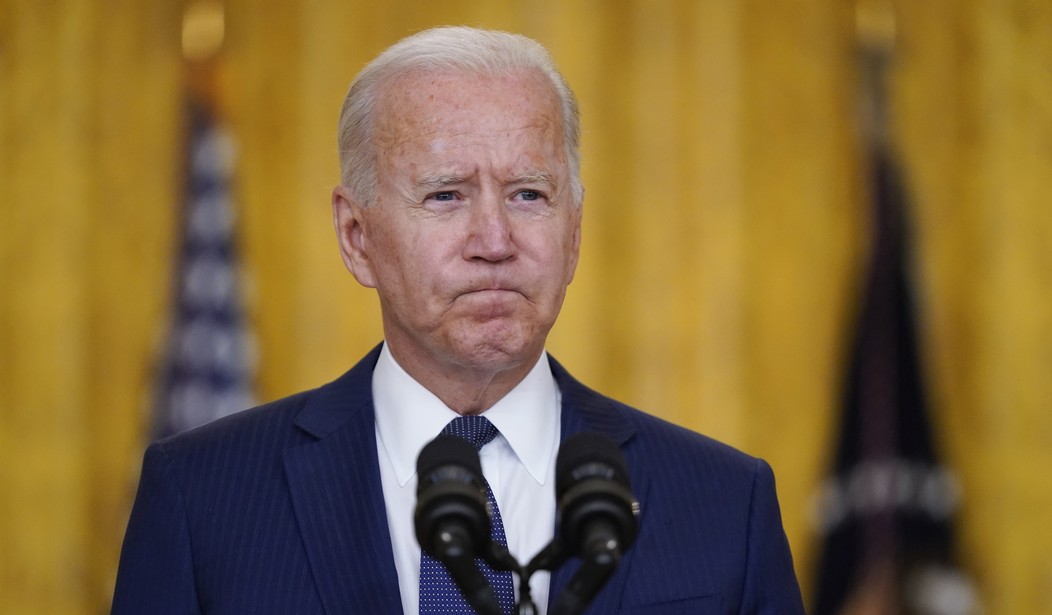In early 2021, when popular opinion of federal unemployment bonuses and expansions began to turn sour, proponents of enhanced benefits clung to two false realities: One, that expanded unemployment benefitsdon’t discourage work—and two, to the extent that they might, it’s agood thingbecause otherwise workers would be exploited by those pesky capitalists that the Left loves to hate.
These absurdities have since devolved into more sophisticated—but equally misleading—claims.
The latest hot take comes from theNew York Times’s (NYT)grossly inaccurate assessment—that the end of unemployment bonuses didn’t positively impact job growth.Cherry-picking the findings of a recent questionable working paper, the NYT claims that unemployment benefits declined in states ending enhanced federal unemployment bonuses, but employment didn’t rise at the same rate. The article inaccurately summarizes the latest job report, and casts states continuing expanded unemployment bonuses in a favorable light.
End of story, nothing to see here.
Well, not exactly. Unsurprisingly, the NYTgot many of the facts wrong, ignored the context of the few facts it got right, and excluded figures that undermined its intended message.
For example, the NYT says Alaska—which had one of the fastest rates of job growth in July—ended just one of the enhanced federal unemployment programs.That’s not true—they ended half of all enhanced unemployment programs. And the article conveniently omits key findings of the working paper, which, for example, estimated that 170,000 additional jobs were created in June and July due to states opting out of expanded federal unemployment benefits.
Recommended
In a desperate attempt to spin the latest employment report from the Bureau of Labor Statistics as good news for states keeping the bonus, the NYT ignores reality, especially among prime-age workers ages 25 to 54. In fact, in July, employment among prime-age workers in states ending enhanced unemployment benefits increased more than 40 times faster than status quo states, while unemployment among the same population fell more than three times faster. This is, in no small part, due to the fact that from late May through July, the total number of people collecting unemployment fell by 60 percent in states ending enhanced federal benefits compared to just eight percent in status quo states.
The paper itself cited by the NYT also forces a great deal of head-scratching with its assertions. First, it argues that the decline in unemployment benefits was big. But the bigger the benefits, the bigger the drop when they end. Had the benefits been even greater in size—such as a continuation of the original $600 weekly unemployment bonus—the drop would have been even more dramatic. Yet is anyone seriously suggesting that continuing the $600 weekly bonus would have made sense? The problem here isn’t that we ended unsustainable unemployment expansions—it’s that we didn’t end them soon enough.
The authors of the working paper also struggle to piece together why previously unemployed workers are having a tough time finding a job. The answer is right under their nose: Workers were unemployed for so long that they are now finding it difficult to find employment. Over the last year, the average number of weeks individuals spent unemployed increased by more than 75 percent. And study after study after study all reach the same conclusion: The longer someone is unemployed, the more their skills atrophy and the harder it is for them to find a job when they do begin searching for work again. Why are we so puzzled by these basic economic principles?
Americans frustrated with slow economic recovery can collectively blame policymakers for waiting so long to correct this massive error in policy. We are now just beginning to see the long-term consequences of extended unemployment benefits—consequences which won’t be going away any time soon.
Instead of a small survey of Americans (which the authors of the working paper readily admit differs from the underlying population they’re studying), let’s look at a bigger picture to analyze the true effects of eliminating enhanced federal unemployment programs.
Take Arkansas, for example. After Governor Asa Hutchinson ended participation in federal expanded unemployment benefits, the number of Arkansans registering for work increased by 28 percent while unemployment spending plummeted by 90 percent. Perhaps even more astonishing, the rate of new hires increased by a 92 percent. In fact, in the 60 days after Gov. Hutchinson made his announcement, more than 160,000 jobs were created in Arkansas.
Until we free ourselves of the delusion that these and other expanded benefits should become a permanent fixture, America’s economy will not completely bounce back. Shaking free of these economic fantasies is the surest step toward lasting economic recovery—recovery that is long overdue.
Hayden Dublois is a Senior Research Analyst at the Foundation for Government Accountability.

























Join the conversation as a VIP Member